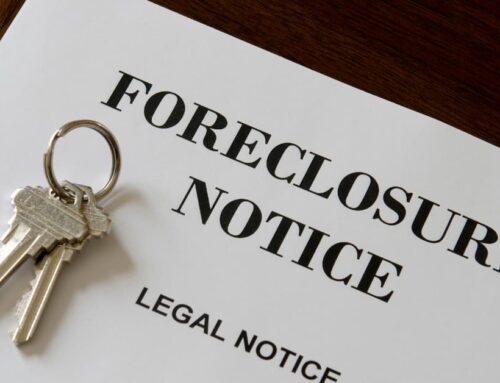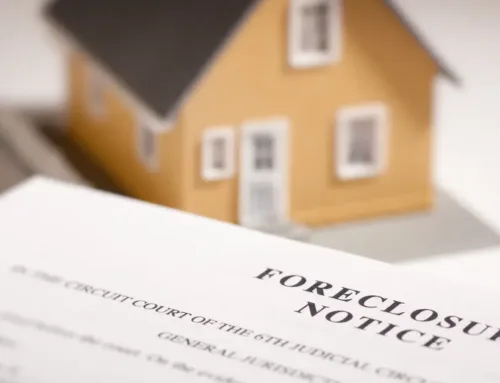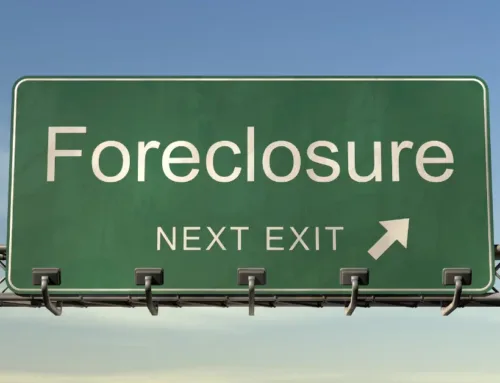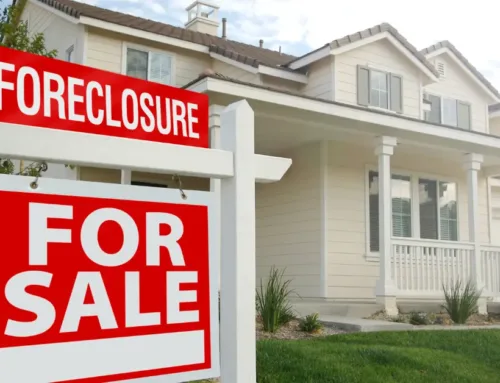Are you facing a potential foreclosure on your home? When your budget is tight it doesn’t take much to get behind on your house payments. And once you’re 120 days behind, your mortgage lender has the right to begin the process of foreclosure.
But even if you’ve missed payments, you still have rights in this situation. It helps to understand the foreclosure process and what you can do to try and keep your home. With the help of a real estate attorney, you can be sure you are exercising the full extent of your rights. Here’s what you need to know about Texas foreclosure laws.
Your Mortgage May Have a Grace Period
If you are a few days late on one mortgage payment you won’t go immediately into foreclosure. You may not even pay a late fee right away. Most mortgage agreements include a grace period of 10-15 days to make your payment without any fees being charged. The exact length of your grace period depends on the terms of your mortgage outlined by your lender in your original mortgage agreement. If you can manage to get your payment in within the grace period, you can avoid not only a late fee, but any negative impact to your credit. Most lenders don’t report missed payments until a loan is 30 days late or more.
Preforeclosure is the Next Step
Once the grace period has passed without making a payment, you will be in a period of time called preforeclosure. This means that you are behind by at least one payment and that failure to catch up on payments may result in foreclosure. You should receive a notice called a breach letter, essentially stating that you are in breach of your mortgage contract. Your mortgage lender may charge you late fees during this time according to your mortgage agreement. Typically you will receive a late fee for each missed payment.
The Lender Must Contact You
Once your mortgage payment is 36 days late, your lender is legally obligated to contact you by phone to discuss mitigation options. During the preforeclosure period you have options for making payment arrangements with your lender. These options include:
- Loan modification. Your lender may lower your monthly payment and add the past due amount to the total balance of your loan. From that point forward you will make the new payment amount unless other arrangements are made.
- Forbearance. Your lender may agree to suspend your payments or lower the amount for a set period of time.
- Repayment plan. Your lender may raise your payment amount by adding a portion of your past due amount to each month’s payment until it is caught up.
Your lender must contact you with each past due payment once it is behind by 36 days to discuss mitigation options again. Texas foreclosure laws are designed so that the borrower has the opportunity to remedy the situation and avoid foreclosure.
The Foreclosure Process
If your loan reaches the point of being 120 days late or more, your lender has the right to begin the official foreclosure process. There are two types of foreclosure:
- Judicial foreclosure. Your lender will file a lawsuit against you with the court. You need to file a written answer to avoid foreclosure. If you don’t answer, the lender automatically wins the case and the property will be auctioned. If you defend the foreclosure, the court will review evidence and decide the outcome. Having a real estate lawyer working on your case will be helpful in this situation.
- Nonjudicial foreclosure. This process involves settling the matter out of court. The lender completes the necessary out of court procedures and the property is sold at a foreclosure sale.
Get Foreclosure Assistance from Kelly Legal Group
If you’re facing foreclosure and you want to keep your home, Kelly Legal Group can help. We will explain your rights and defend you in court if it comes to that. Many homeowners lose their homes to unfair practices by lenders simply because they don’t know their rights. Working with the experienced real estate attorneys at Kelly Legal Group can make all the difference in your case.
Call (512) 505-0053 today to schedule a consultation or request an appointment. We will work hard to help you keep your home and avoid unfair practices by your lender.






